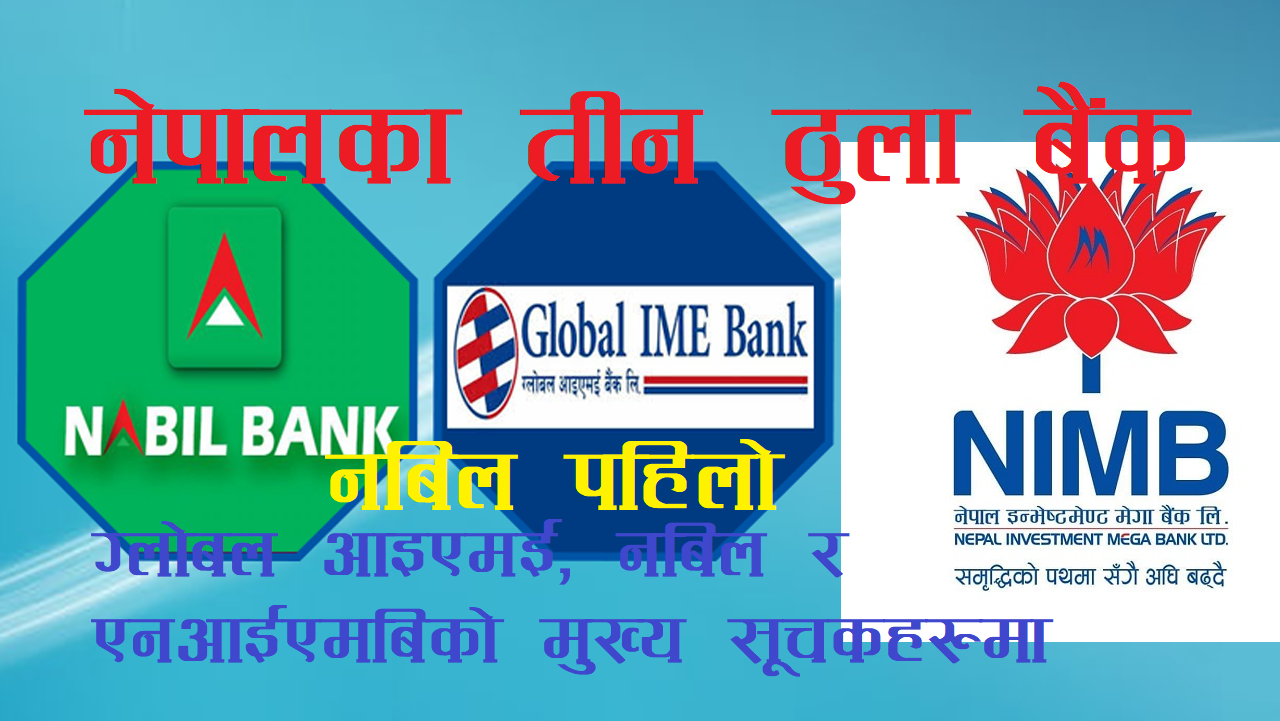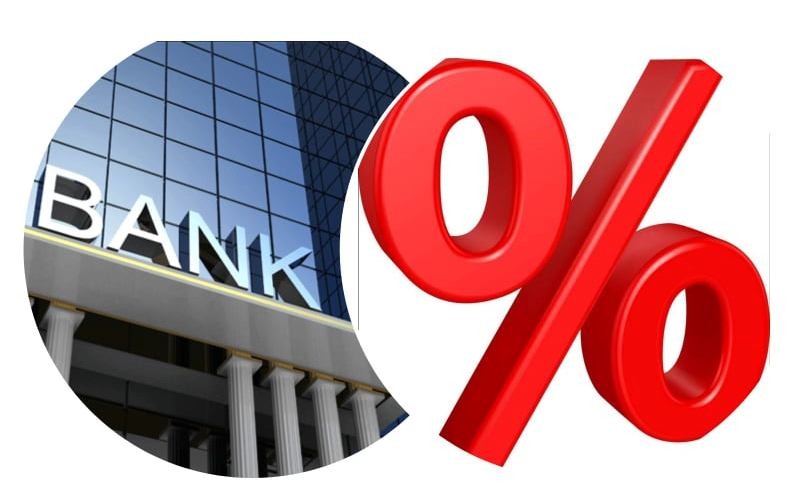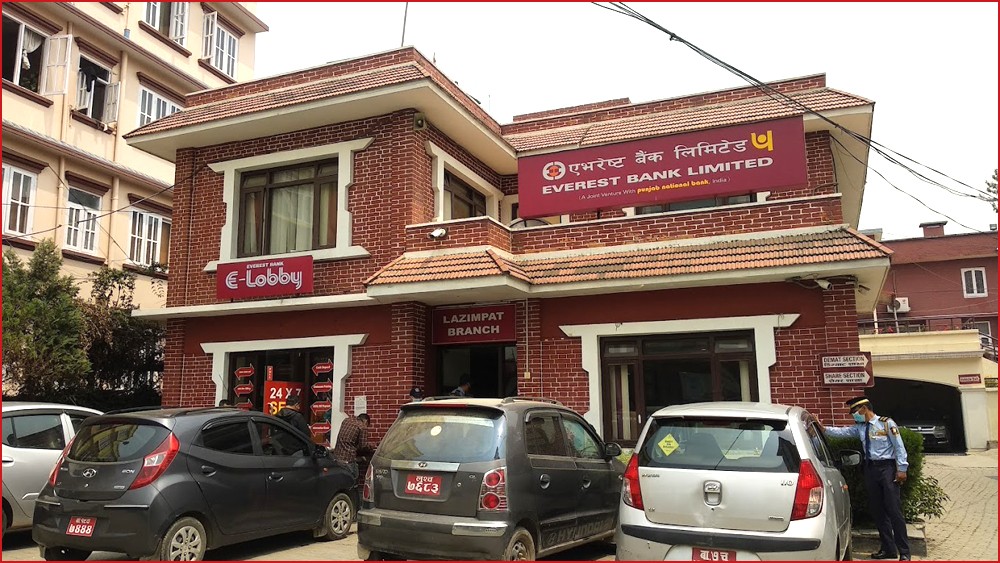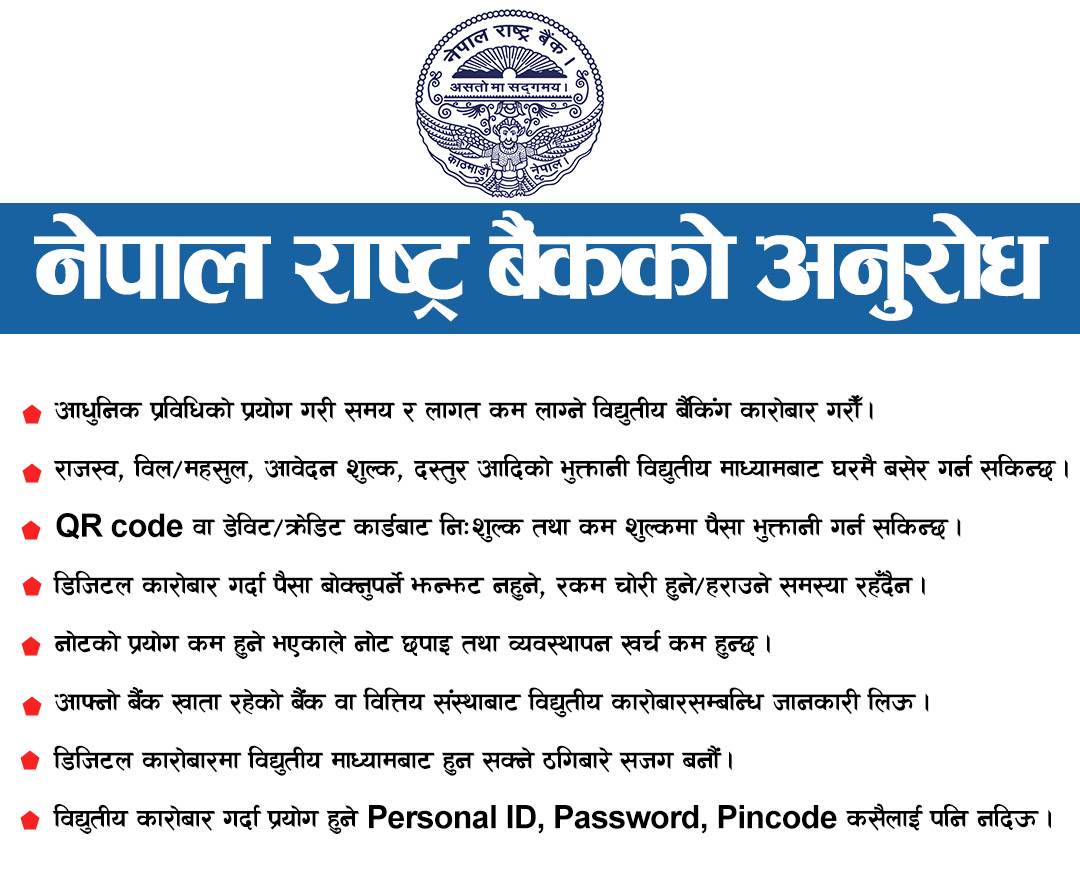Nepal Rastra Bank Report: Banks interest rates and Inflation falling down, now the economy is improving
Feb Thu 2024 01:55:26
901 views
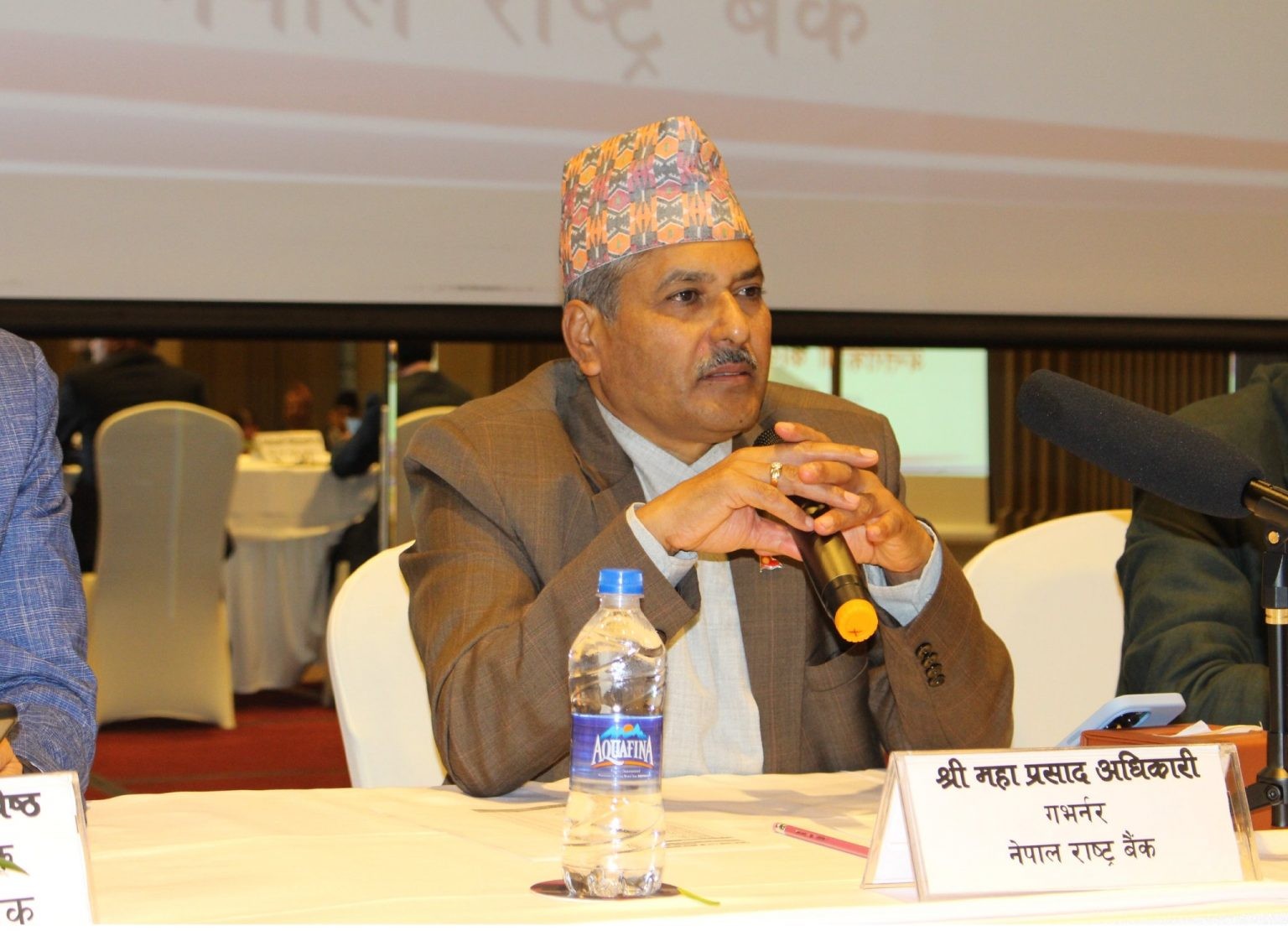
Kathmandu. Nepal Rastra Bank has conveyed the message that the economy is heading in the right direction. Recently, while there have been various debates, discussions and concerns about the problems in the economy, the National Bank has said that the economy is on the right track and there are signs of further improvement in the coming days.
The National Bank has released the data for six months of the current financial year and said that the economy is improving. National Bank's data shows that inflation, which is the main problem, is decreasing. According to the data of 6 months of the current financial year 2080/81, it has been seen that the inflation has decreased. According to the data published by Nepal Rastra Bank, the annual point consumer inflation was 5.26 percent in the month of January 2080.
In the same month last year, such inflation was 7.26 percent. In the month under review, the inflation of food and beverages group was 5.77 percent and the inflation of non-food and services group was 4.85 percent.
In the month of January 2080, the annual point price index of ghee and oil, vegetables, meat and fish and transportation sub-groups has decreased. There is a gradual decrease in the index of marmalade and sugar and sugar products sub-group.
On an annual point basis, there has been a decrease in the growth rate of import price index, salary and wage rate and wholesale price index in the month of January 2080. As a result, there has been relatively less pressure on consumer inflation during the review period, according to the National Bank.
In the month of December 2080, the annual point wholesale inflation was 3.36 percent. In the same month of the previous year, such inflation was 9.82 percent. In the month under review, the annual point wholesale inflation of consumer goods, intermediate goods and capital goods was 6.16 percent, 1.99 percent and 2.71 percent respectively. In the month under review, the annual point wholesale inflation of construction materials decreased by 1.08 percent.
In the 6 months of the financial year 2080/81, the total expenditure of the government of Nepal was 5 trillion 66 billion 62 crore rupees. Government expenditure increased by 13.7 percent in the first 6 months of last financial year, but decreased by 1.7 percent during the review period. During the review period, current expenditure was Rs.437 billion 38 crore, capital expenditure was Rs.49 billion 24 crore and financial arrangement expenditure was Rs.80 billion.
During the review period, the total revenue mobilization of the government of Nepal (including the amount to be distributed to the provincial government and local government) was 4 trillion 96 billion 500 million. The revenue decreased by 15.3 percent in the first 6 months of the last financial year, but increased by 8.2 percent during the review period. Under this, tax revenue of 4 trillion 43 billion 55 million rupees and non-tax revenue of 52 billion 95 million rupees have been mobilized.
In the 6 months of the current financial year, bank interest has decreased. According to the data published by Nepal Rastra Bank, the weighted average interest rate of 91-day treasury bills for 6 months of the current year was 10.89 percent, while it was 3.37 percent in December 2080. According to Rashtra Bank, the weighted average interest rate of treasury bills has decreased by 69 percent.
Similarly, the weighted average interest rate of interbank transactions between banks and financial institutions was 7.53 percent in December 2079, while it was 2.86 percent in December 2080. The weighted average interest rate of inter-bank transactions has decreased by 60 percent.
As of January of the current year, the average base rate of commercial banks is 9.35 percent, that of development banks is 11.49 percent, and that of finance companies is 12.77 percent. In December last year, the average base rate of commercial banks was 10.91 percent. The base rate of banks has decreased by 14.29 percent.
Similarly, the data of the National Bank shows that the interest rate of bank deposits has also decreased by 14 percent. In December 2080, the weighted average interest rate of commercial banks' deposits was 7.32 percent, development banks' 8.55 percent and finance companies' 9.62 percent. In December 2079, the weighted average interest rate of commercial banks' deposits was 8.51 percent. It seems that the income of those who earn from interest by keeping deposits in the bank is also decreasing.
Similarly, the weighted average interest rate of loans in 2080 was 11.38 percent of commercial banks, 13.14 percent of development banks and 14.09 percent of finance companies. In December 2079, the weighted average interest rate of commercial banks' loans remained at 12.79 percent. According to Rashtra Bank, the interest rate of loans has decreased by an average of 11 percent.




